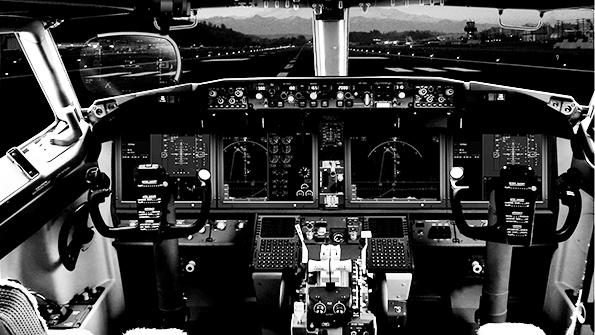
Ask the Editors: The Aviation Week Network invites our readers to submit questions to our editors and analysts. We’ll answer them, and if we can’t we’ll reach out to our wide network of experts for advice.
Original Equipment Manufacturers (OEM) have become less involved in the underlying architectures of automobiles as suppliers have grown more specialized. Do you see a similar power shift to subsystem providers in airplanes?
Senior Business Editor Michael Bruno responds:
That is unlikely in the near to medium term. OEMs and major suppliers probably will continue their shadowboxing over ownership and profits from different parts of large commercial aircraft, but it is unclear whether one side or the other will gain much ground in the near future.
Aircraft OEMs are calling on top suppliers to assume more cost and risk in designing subsystems, but that is just basic business. And after decades of outsourcing as much as possible, OEMs have reversed course in recent years, vertically integrating more parts of the aircraft as they seek to protect intellectual property and the profits that come with it. Although OEM dependence on suppliers remains a key tenet of the industrial base, OEMs want to reduce suppliers’ leverage and grab a bigger share of the profits. For their part, suppliers have been bulking up to gain enough heft to counter OEMs. Witness the amalgamation of Raytheon Technologies, a “super Tier 1” whose 2019 revenue matched that of Airbus and Boeing. Meanwhile, other key suppliers, such as parts provider TransDigm Group or casting and forging giants Howmet Aerospace and Precision Castparts, continue to exploit proprietary, niche roles that allow them to raise prices on the OEMs.
Before the COVID-19 crisis hit, industry consultants were questioning whether aviation OEMs were going too far in their supply chain squeezes—a lesson automotive OEMs had previously learned the hard way. Boeing’s Partnership for Success and Airbus’ SCOPE+ were depleting suppliers’ working capital and thinning operating margins, especially at the lower tiers. Now, many advisors tell Aviation Week they expect more leeway from OEMs as the whole industry fights to come through the severe downturn. Time will tell if all sides can learn to be more mutually beneficial.





